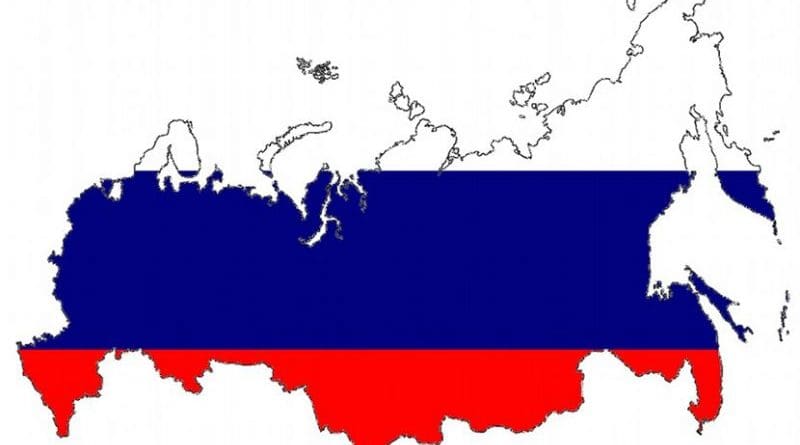Progressive Politics Foundation Outlines Four Possible Futures For Russia – OpEd
By Paul Goble
Moscow’s Progressive Politics Foundation has outlined four possible futures for Russia – “USSR 2.0,” “NEP 2.0,” “the Eurasian Pole,” and “Nation Z” – but its experts say that the country’s actual path forward will likely be an “eclectic” combination of all four (kommersant.ru/doc/5679616).
According to the Foundation, the most likely of the four is USSR 2.0, even though it is impossible to completely close off the country from the rest of the world as the Soviet Union often was. To achieve such a goal, the country would have to legalize industrial espionage as the Chinese have done and spend massively on the development of infrastructure.
This future would involve a return to the Soviet systems of education and medical care, something that many would demand if they could no longer travel abroad to study or get treatment. It would also involve declaring national culture and Russian history the official ideology of the country.
The second scenario, NEP 2.0, would be based on capitalism and free trade but with a commitment to just rather than unbridled capitalist development. It would involve committing the country to the fourth industrial revolution as well as technological and scholarly cooperation with those countries prepared to cooperate with it.
The third, “the Eurasian pole,” is far less likely, the Foundation’s experts say, because China is already aspiring to that role. At the same time, however, Russia can be attractive to many countries in Europe precisely because it isn’t Chinese.
And finally, the fourth scenario is Nation Z, what Foundation head Oleg Bondarenko calls “nation building Russian style.” That would require overcoming the country’s massive demographic problems, legalizing gun ownership, nationalizing elites and repatriating to Russia those who have moved abroad. Above all there would have to be “a cult of honest success.”

